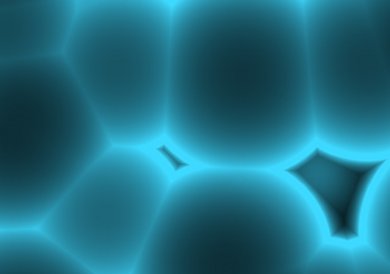Induced pluripotent stem cells (iPSCs) are artificially-derived cells of a great medical potential. These cells could be used to regenerate damaged organs because they are capable of originating all the tissues of the body. Nevertheless, as iPSCs are produced through the genetic manipulation of adult cells, their clinical application remains elusive.
Pingping Hou, Peking University, China, and colleagues developed a chemical strategy to circumvent the need for genetic manipulation. They demonstrated that it is possible to generate iPSCs by using a combination of seven small-molecule compounds. The chemical cocktail included CHIR (a glycogen synthase kinase 3 inhibitor), 616452 (a transforming growth factor-beta inhibitor), FSK (a cyclic adenosine monophosphate agonist) and, DZNep (an S-adenosylhomocysteine hydrolase inhibitor).
By overcoming the need of genetic manipulation, the new approach might facilitate clinical applications of iPSCs.
- Pluripotent Stem Cells Induced from Mouse Somatic Cells by Small-Molecule Compounds,
P. Hou, Y. Li, X. Zhang, C. Liu, J. Guan, H. Li, T. Zhao, J. Ye, W. Yang, K. Liu, J. Ge, J. Xu, Q. Zhang, Y. Zhao, H. Deng,
Science 2013.
DOI: 10.1126/science.1239278




